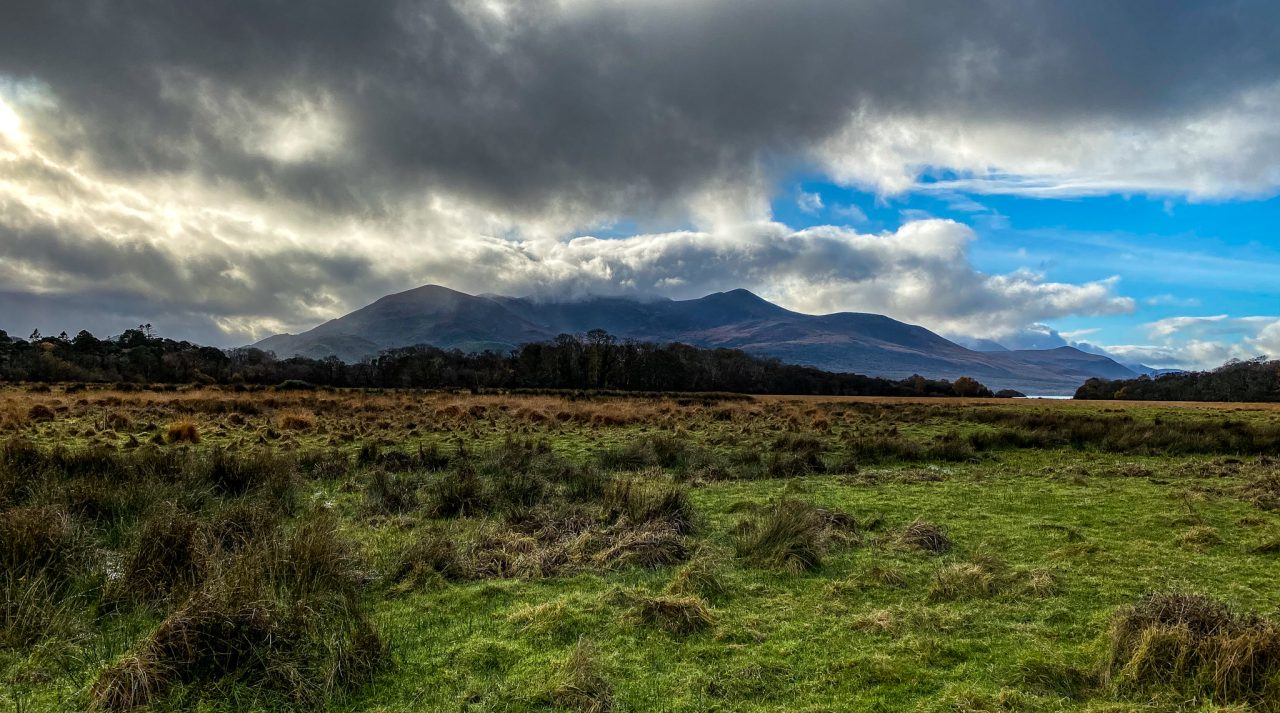
An Island of Opportunity
In the 1990’s The Republic of Ireland experienced something akin to an economic miracle. Dubbed the Celtic Tiger in 1994 by an economist at Morgan Stanley, Ireland in an enormous switch in trends, went from being one of the poorest nations in Europe, to one of the richest (2).
While it is important to understand the underlying forces and reforms that allowed for Ireland to become a prosperous EU nation, it is also vital to consider this success in the context of it’s history.
The Irish Free State
The last millennia, had not been kind to Ireland. Subject to colonization by the British, suffering under the horrendous circumstances of the Great Famine and seeing its population dwindle after decades of emigration had left the North Atlantic nation in a state of stagnation and despondence. Before The Great Famine in 1840, the country had a population of about 8.5 million. By the early twentieth century, Ireland had barely 3 million inhabitants.
The 1916 Easter Rising was a prelude toAfter finally becoming the Irish Free State in 1922, Ireland implemented policies that supported economic self-sufficiency. High tariffs and a policy of import substitution, prevented Ireland from gaining and maintaining trade partners. The economy relied heavily on agriculture and it’s primary export was produce, which went almost entirely to The UK market.
By the 1950’s, this “economic nationalism” had clearly failed and nothing was more evident of these failed policies than the continued trend of emigration. Shockingly, 400,000 Irish left their home country in one decade during this period, which was over a fourth of the total population (1).
The Republic of Ireland
Ireland left the British Commonwealth permanently in 1949 and achieved what beloved, IRA General Michael Collins hoped it eventually would, by signing the Anglo-Irish treaty of 1922. Ireland was now officially the Irish Republic with zero ties to the British Crown.
The turning point for Ireland began in the 50’s when radical policy change was initiated that opened up the economy to trade and foreign investment. Tariffs were lowered, a free trade agreement with the UK was signed and all controls on foreign ownership of businesses were abolished. In 1973, along with The UK and Denmark, Ireland joined the European Economic Community (The European Union) (1).
The 70’s also saw the reversal of a century long trend of emigration and the nation finally saw a 15% increase in population at the end of the decade (1).
The era of The Celtic Tiger however, did not begin until the mid and late 90’s when the economy began growing at a rate of about 9.4% annually. This was proceeded by investors primarily from Tech Firms, pouring into the country, attracted by the low corporate tax rates that were as much as 50% lower than in other areas of Europe. Consumer spending and construction increased, as well as investments in local businesses and domestic education. There were other factors as well, such as having access to the single market as an EU member and an opening of it’s doors to foreign workers (2).
The economic boom ended in 2007 however, with the housing market crash and worldwide financial crisis. Ironically, part of the reason for Ireland’s success, which was the opening of it’s economy to the global market, is also it’s biggest downside. Like many other nations, when the United States doesn’t do well, Ireland will likely suffer.
Encouragingly though, the year of 2015 saw a 6.7% growth in GDP and thus The Celtic Tiger is showing signs of purring again (2).
And just as remarkable, at the conclusion of 2019, European Economic Forecast predicts Ireland’s GDP to grow by 5.6% for the year, making it the largest increase in The EU (3). Clearly Ireland will never be a powerhouse like Germany or France, but per capita, the Celtic nation is carrying it’s weight.
Moving forward, the events surrounding Brexit will surely affect Ireland’s economy in some aspect, though just how adversely, is yet to be seen. One thing is for sure though, Ireland is no longer a poor and despondent nation. The Emerald Isle has successfully changed it’s status from a land to flee from, to a land of knowledge, opportunity and growth.
-Bryce Sellers
Sources
